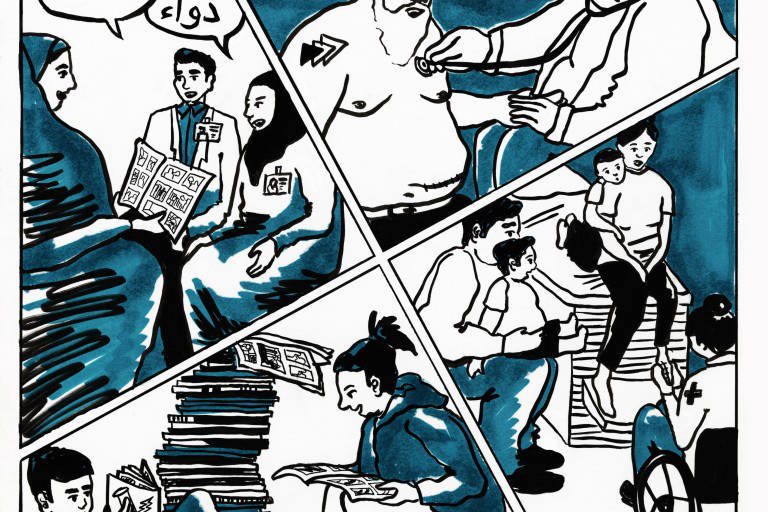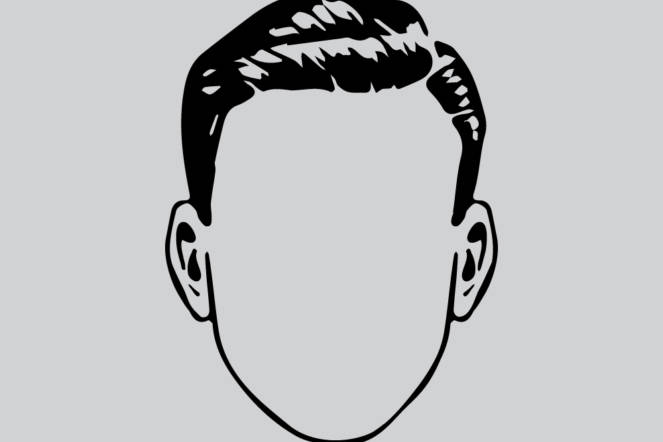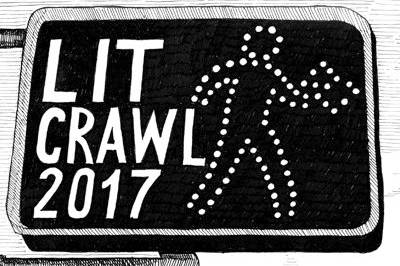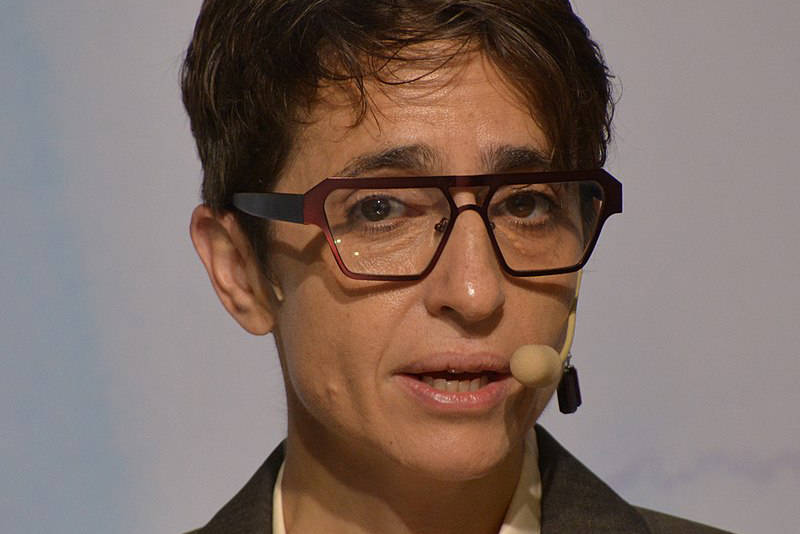Seattle is an international hub of the global and public health communities. Seattle also has one of the mightiest comics scenes in the country. In almost any other year, if you were to sketch out a Venn diagram of those two communities—medicine and comics—there would be very little overlap. But this year, Seattle is host to the eighth annual Comics & Medicine Conference, an international celebration of the communication of medical issues in cartoon narrative form.
The conference brings together academics, health care professionals, and artists into a thematic weekend of programming. (This year’s theme is “access points.”) I talked with Comics & Medicine co-founder MK Czerwiec about why she believes health care and comics go so well together.
“Comics have the power to convey important information in ways that people who are dealing with issues in health care and caregiving find appealing to absorb,” Czerwiec explains. Comics have been used in public health situations for decades to make information accessible in ways that can “transcend language barriers,” but they also provide patients with a “form of reflection and … storytelling” that can help in the healing process. They also help others empathize with patients. For those reasons, she says, nursing and medical schools are beginning to use comics to teach students.
Czerwiec says that Seattle has existed on this intersection between comics and medicine for a very long time. Cartoonist Mita Mahato, who has helped to organize this year’s Comics & Medicine conference, has long been a booster. Ellen Forney’s memoir about life as an artist with bipolar disorder, Marbles, has fast become a classic in mental health circles. And “of course, Meredith Li-Vollmer at the King County Public Health Department has come to our conferences in the past and presented projects that she’s done with David Lasky in the public health arena.” Li-Vollmer and Lasky worked on the comic No Ordinary Flu, which saw a print run of over half a million copies translated into a dozen languages and distributed around the country.
Registration for the conference is packed full, but the weekend is studded with a number of free events that are open to the public on a first-come, first-served basis. Seattle-area autobiographical cartoonist Tatiana Gill will be launching a health-related comic called Wombgenda at Fantagraphics Bookstore & Gallery in Georgetown on Friday night, and the downtown Seattle Public Library is hosting public events all weekend long. Topics in the open sessions include discussions of displaced communities; a talk by Seattle’s Erma Blood, the pseudonymous organizer behind the anti-sexual-assault comics site Grab Back Comics; and a series of quick talks on exploring disability through comics.
And of course, now that the Senate is deliberating on a health care bill that could gut Obamacare by forcing 24 million Americans off health insurance, this year’s theme of “access points” is particularly meaningful. Access is more important than ever, Czerwiec explains, and the question of who gets what care is a central issue of our time.
But she’s quick to point out that you don’t need to be a cartoonist or have a Ph.D. to attend Comics & Medicine’s free programming. “I think anyone who has an interest in stories and health care” could find something of value, she says. Ultimately, the conference is devoted to consideration of “how we think about health care,” with the hope of reimagining it and rebuilding it “in ways that are empowering to all of us as patients and caregivers and providers.” Comics are the great equalizer. Comics & Medicine Conference. Various locations, graphicmedicine.org. Sat., June 17. Paul Constant is co-founder of The Seattle Review of Books. Read books coverage at seattlereviewofbooks.com.








